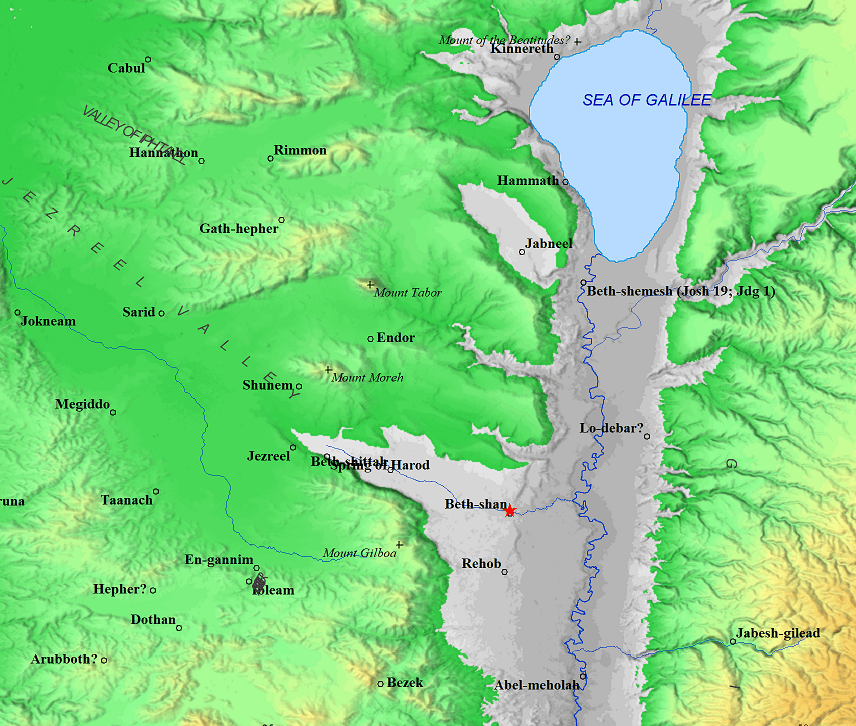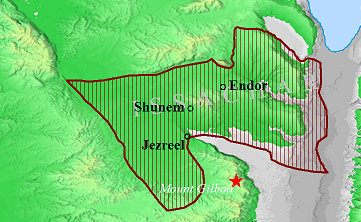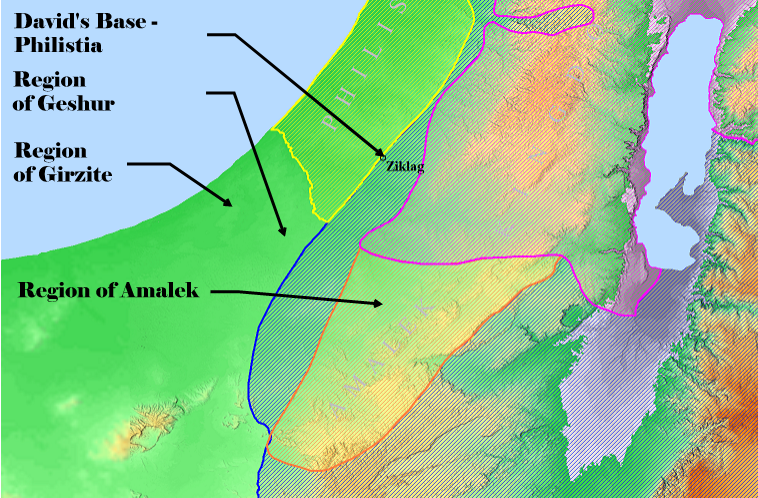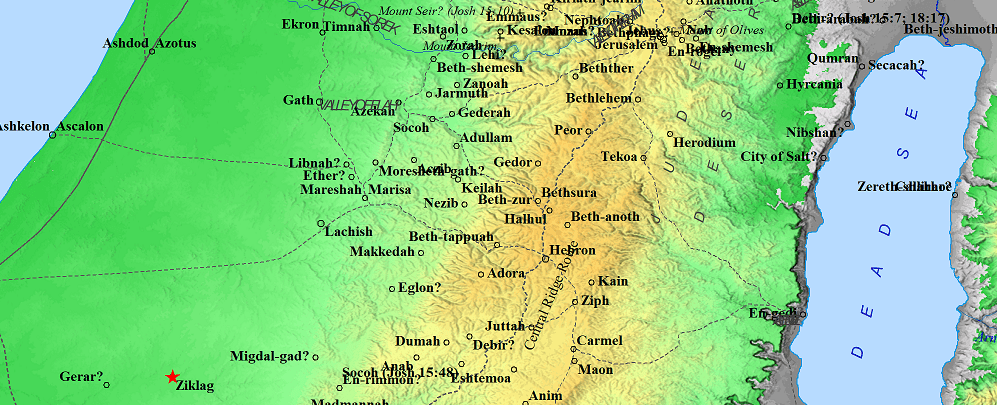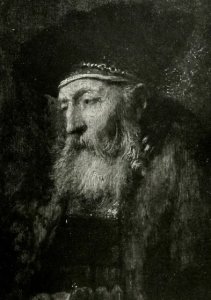
David Hears of Saul’s Death
As many who have followed me for a bit, I have fallen into the Psalms, and I can’t get up! (As if I would want to.) The Psalms are a majestic collection of poetry, of heart felt human experiences that constantly challenge me in my own frail attempt to follow the true King. As many of the Psalms are written by David, my study on the Psalms has spurred me on to looking at the life of David, is the main contributor to this book, and to follow the victories and tragedies of the shepherd King of Israel.
Many times in the narrative, we will see the Lord Jesus, imperfectly, yet a reflection of His spirit in a man with weaknesses.
2 Samuel 1:1-10
1 After the death of Saul, when David had returned from striking down the Amalekites, David remained two days in Ziklag.
2 And on the third day, behold, a man came from Saul’s camp, with his clothes torn and dirt on his head. And when he came to David, he fell to the ground and paid homage.
3 David said to him, “Where do you come from?” And he said to him, “I have escaped from the camp of Israel.”
4 And David said to him, “How did it go? Tell me.” And he answered, “The people fled from the battle, and also many of the people have fallen and are dead, and Saul and his son Jonathan are also dead.”
5 Then David said to the young man who told him, “How do you know that Saul and his son Jonathan are dead?”
6 And the young man who told him said, “By chance I happened to be on Mount Gilboa, and there was Saul leaning on his spear, and behold, the chariots and the horsemen were close upon him.
7 And when he looked behind him, he saw me, and called to me. And I answered, ‘Here I am.’
8 And he said to me, ‘Who are you?’ I answered him, ‘I am an Amalekite.’
9 And he said to me, ‘Stand beside me and kill me, for anguish has seized me, and yet my life still lingers.’
10 So I stood beside him and killed him, because I was sure that he could not live after he had fallen. And I took the crown that was on his head and the armlet that was on his arm, and I have brought them here to my lord.”
In this passage, we have a story of an Amalekite telling a story. A fabrication to ingratiate himself to the future king of Israel.
So many questions.

- Was this one of the Amalekites that escaped from David’s attack, when David came to rescue those taken from Ziklag?
- If so, this poor Amalekite escaped from David to simply fall into the hands of Saul, just as he was being defeated. What luck!
- Much more likely, this Amalekite was not of the armies that David decimated, but simply a prisoner of war that was being held by the camp of Israel.
- Earlier on in 1 Samuel, the text tells us that Saul died before the armor bearer committed suicide.
- How did this Amalekite kill Saul without mentioning the killing of the armor bearer, who was sworn to defend the king against all threats?
- It is interesting that this Amalekite mentions Saul and his son Jonathon, but not the other sons.
- Might he have known of the bond David had with Jonathon?
- Why would Saul call to his arch enemy, an Amalekite, to kill him? He had plenty of Philistines surrounding him if Saul sought death.
I could go on, but suffice to say, this Amalekite, in the aftermath of the battle, may have tripped over the body of king Saul, and simply took the crown and armlet of the king. Simply taking advantage of the death of soldiers in the battle field. Kind of a sad picture in my mind, that a foreigner was just waiting to pick from the dead, but somehow it may fit with this fellow. Not of the highest moral fiber, as he is obviously a liar. A liar and a story-teller!
As for David, let’s remember he just got back from a battle, rescuing his family from the Amalekites, and on the third day, was told information that would propel him into the position of king! Saul was the only man who stood in his way, and God had promised him this position. It was David’s time to rise to the throne!
But unlike this Amalekite, he refrained from looking first to his advantage, but sought news of his nation’s state of affairs, and of King Saul.
Here was a man who had nearly entered into battle against his own people, allying himself with the Philistines. David had a busy time this last few days, seeing God consistently working in his life. He had seen the hand of God rescue him from a very sticky situation with the Philistines. He had seen the hand of God deliver him from his own army moving to mutiny him as they entered the plundered Ziklag. He had seen the hand of God provide guidance to the Amalekites camp. He had seen the hand of God provide victory over the Amalekites. He had seen the hand of God in protecting his loved ones, recovering every kidnapped victim of Ziklag.
Now the hand of God was providing news of David’s opportunity to claim the kingdom as promised, and he asked about Saul and Jonathon. The kingdom could wait, for David was of a different spirit than this Amalekite.
Whereas the Amalekite would weave a story to get something, David would put off advantage for the sake of information. He knew the importance of data over dollars!
Much can be gleaned from this passage, but for this writer, these two men reveal a difference that is stark, that is important and for the believer, should be heeded. We, as believers should prioritize facts, data, information, knowledge and the wisdom of God as He works amongst us.
And He is working! Even when a liar comes to tell you a story! God is at work, if you have eyes to see!
Thanks again for coming to visit. I hope you found something of interest in this post and would appreciate a comment, to begin a discussion. If you know someone this blog may bless (or challenge), send them a link, so they may join us in our discussion.
Come join us at Considering the Bible


